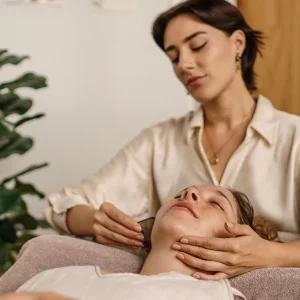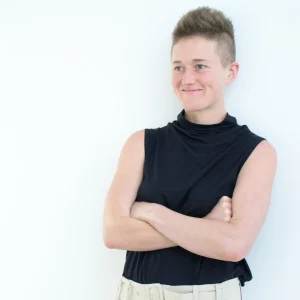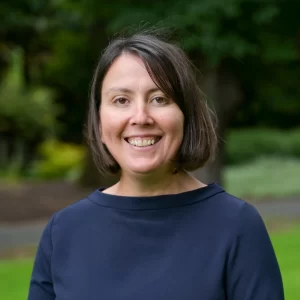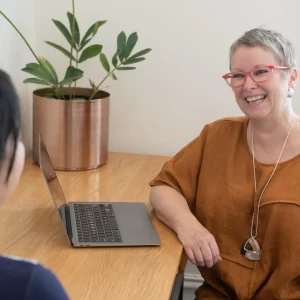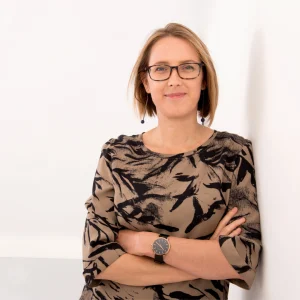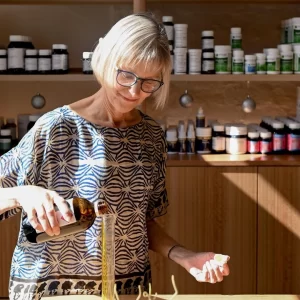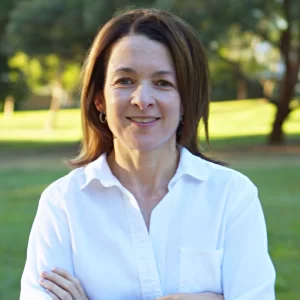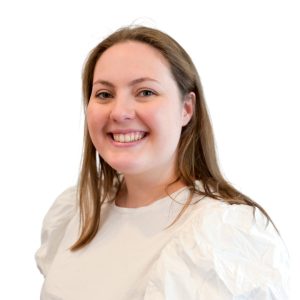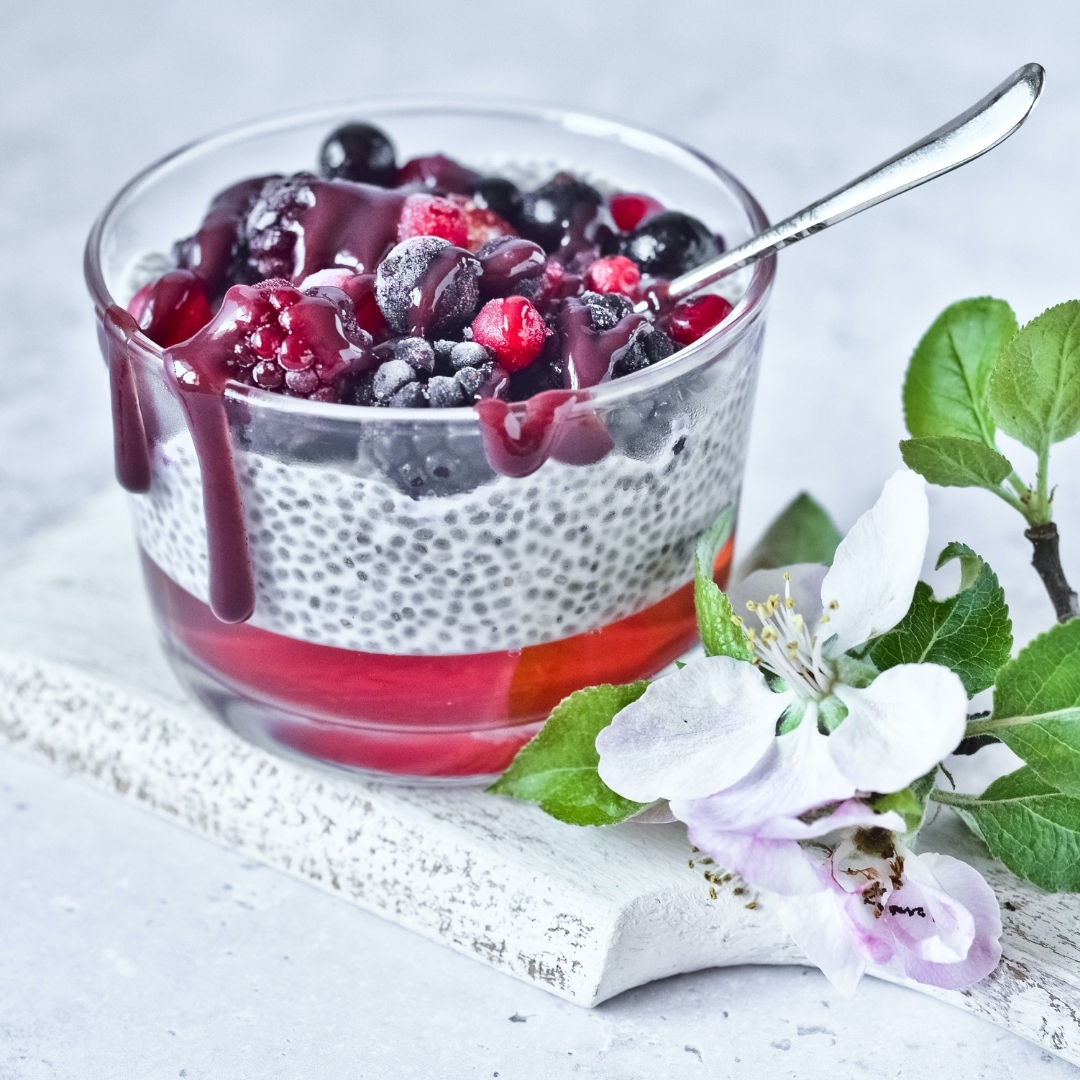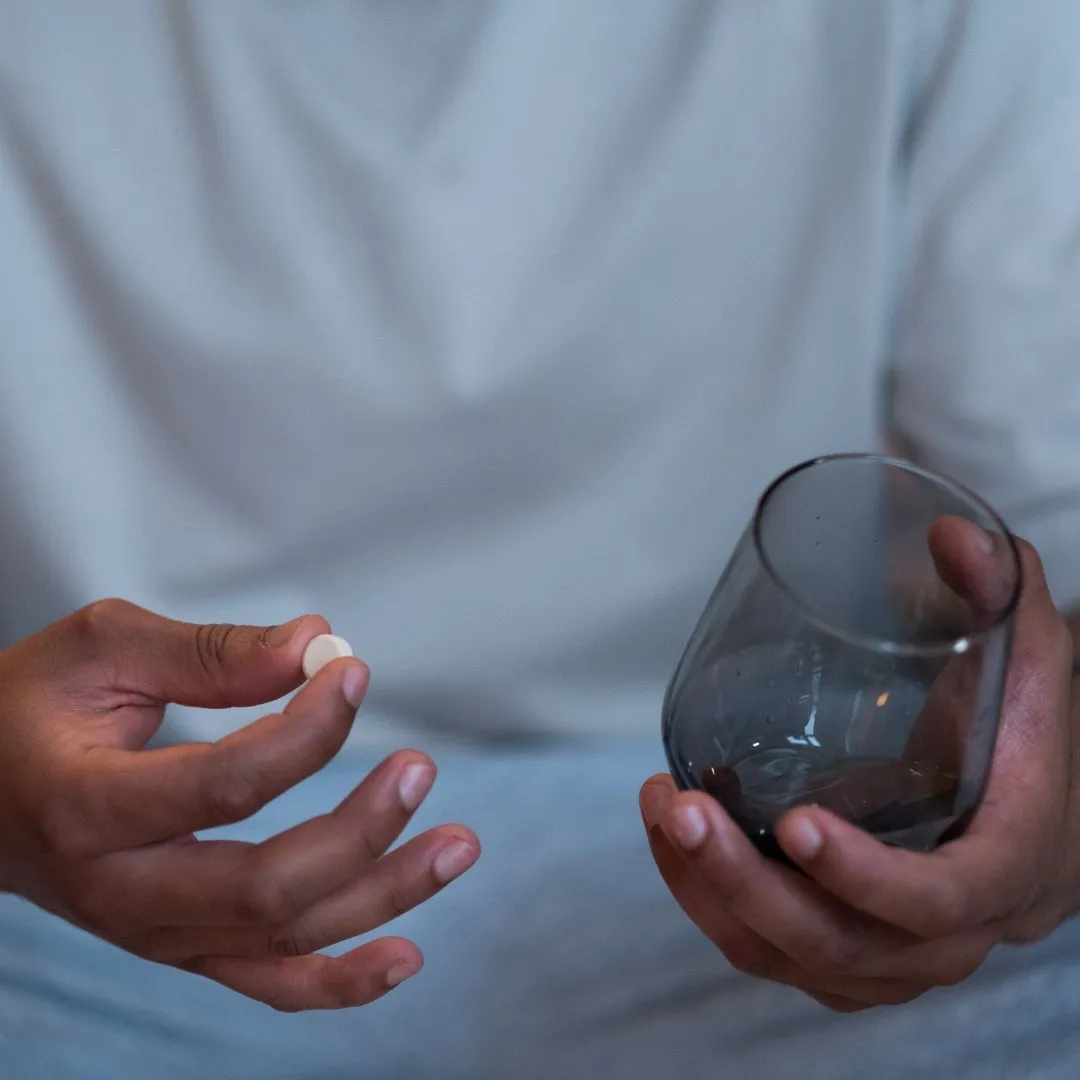
One source of chemical exposure that particularly affects women are pharmaceutical contraceptives, which while providing important birth control benefits, can also have adverse effects on the body, particularly when we have systems, organs or tissues with suboptimal functioning or diseases or nutrient deficiencies. (4)
In our modern world, we are all exposed to a significant amount of chemicals from food, water, medications and the environments we live in and ongoing research increasingly indicates a link between such exposure and the presence of disease and/or health imbalances. (3) In this blog, I’ll dive into the specifics around contraceptive toxicity and what you can do to help yourself clear it whilst
What types of contraceptives are there?
The most common contraceptives used by women are combined oral contraceptive pills (COCs), progestin-only contraceptive pills (POPs) and intrauterine devices (IUDs – such as the Mirena). Lots of abbreviations there!
COCs contain various combinations and doses of synthetic oestrogen and progesterone (known as progestins), while POPs are progestin (synthetic progesterone) only medications. Each are available in pill, patch or vaginal ring dosage forms.
The most common type of synthetic oestrogen used in these medications is a compound called ethinyl estradiol (EE) (others that can be used include chlorotrianisene, dienestrol, diethylstilbestrol, fosfestrol, mestranol or quinestro).
Progestins (the synthetic version of progesterone) can contain old (norethisterone, levonorgestrel, gestodene) or new forms (drospirenone, dienogest, trimegestone). The two types of IUDs are available are the copper-bearing (Cu-IUD) and hormonal-releasing forms. [1,5-7]
How are contraceptives processed by your body?
So, you either ingest these contraceptive medications orally or they are present in your body following insertion. What happens to these hormones once they are in your body?
The pharmacokinetics (how they are absorbed, distributed and removed from the body) varies depending on the different types and dosage forms used, with oral medications generally having more significant biological effects compared with topical, vaginal or intrauterine forms. (But not always). [4]
For the oral dosage forms, once it makes its way down the gastrointestinal tract/gut, EE is absorbed quickly (though the rate of absorption can vary from 20-65% between individuals, from day to day and with long-term use).
Nerdy fact 1: this can be one of the reasons why one woman will respond differently to these medications to another (the fascinating joys of physiology!)
Once the contraceptive medicine is absorbed, it undergoes metabolism (conversion) in the liver. This produces a range of oestrogen metabolites (substances that have been converted to a different form) that then either leave the body via the kidneys or bowels, or are altered by bacteria in the large bowel/intestine and reabsorbed and recirculated throughout the body. [4,8]
Nerdy fact 2: this is one of the reasons why gut health influences hormone levels and activity in the body and therefore menstrual health and fertility).
So, what about progestins (our synthetic progesterone)? They only go through the step of conversion in the liver (they aren’t reabsorbed and recirculated like oestrogens are). Though (you know what I’m going to say here…) the rate (how quickly or slowly) that progestins are metabolised will be different depending on the type of progestin in the medication used. [8]
How do synthetic contraceptive hormones get processed in your body?
The summary so far:
- How these synthetic hormones are absorbed and distributed in the body will vary from one woman to the next depending on the type and duration of medication used.
- It will also vary because of the wide range of differences between us all in our physiology (which body systems and organs are working well and which ones need some love). This will influence the degree to which such substances can adversely affect our bodies in one way or another.
Contraceptives and their side effects
The types of adverse impacts associated with such contraceptive medications and devices can include our gut and vaginal microbiomes, liver function, oxidative stress levels, chemical accumulation and nutrient status. [9-16]
That sounds like a lot, right? Keep in mind we will all respond differently to such medications, so it’s important to consider your own individual response and if a particular contraceptive is right for your body or not.
It’s all about the bugs….(gut and vaginal microbiome)
The link between contraceptive medications and the gut microbiome is complex/complicated.
Certain intestinal bacterial species with a particular enzyme called beta-glucuronidase and beta-glucosidase in the colon (you may have heard of the term ‘estrobolome’ which this is referring to these type of gut bugs) alters the structure of oestrogen in bile. How is this relevant? This will influence the amount of oestrogen that is reabsorbed and recirculated around the body. [17,18]
Nerdy fact 3: intestinal dysbiosis (an imbalance between beneficial and non-beneficial bacteria in the gut) can mean more oestrogen is recirculated in the body, and in this case, more is not better when it comes to too much oestrogen!
And here’s the thing…both oral COC and IUDs can alter gut microbiota and vaginal microbiome composition and the integrity of our small intestinal lining (which can cause, contribute to or exacerbate dysbiosis). [9-16] This means that contraceptives may indirectly contribute to body toxicity by adversely affecting the capacity of the gut to metabolise and excrete other environmental chemicals we are commonly exposed to (xenobiotics including polycyclic aromatic hydrocarbons, nitrotoluenes, pesticides, polychlorobiphenyls, heavy metals, benzene derivatives, azo dyes, artificial sweeteners). [20]
Take home message 1: the balance of your bugs matters when it comes to hormone health and fertility.
Contraceptives and your liver function
Contraceptives can also affect how happy your liver is, which is important because one of the key functions of this important organ is to detoxify a HUGE range of substances from the outside (chemicals from our food, drink, environment and medications, including the hormones from these contraceptives) and inside our bodies to make them safer for removal from the body.
That is, certain contraceptives (and our gut bugs) can affect the activity of our liver enzymes (the good guys that carry out these detoxifying reactions). [21] This can present a problem when the level of our chemical exposure exceeds the ability of these liver enzymes to detoxify them, resulting in higher levels of circulating (unconverted) toxic metabolites, further contributing to an overload of these liver detoxification pathways. [4,8,22]
Take home message 2: healthy liver function is another key aspect of hormone health and fertility.
Contraceptives and their impact on nutrient and trace mineral status
Contraceptive medications may also contribute to endogenous toxicity by modifying endogenous nutrient, heavy metal and trace mineral levels, subsequently influencing (nutrient-dependent) hepatic detoxification and cellular antioxidant enzyme activity.
A range of studies have shown that nutrients that can be lower with use of OCPs, IUDs or injectable contraceptives include zinc, selenium, phosphorus, magnesium and vitamin B12 while higher levels of iron, copper and cadmium can also occur. [31,32, 33, 34, 35]
Lower levels of selenium, zinc and magnesium can influence body toxicity as they are required for the synthesis and activity of antioxidant enzymes in the body (including glutathione (magnesium), superoxide dismutase (zinc), glutathione peroxidase and selenoprotein enzymes (selenium). [36]
The toxic effects of the heavy metal cadmium in the body include by depleting glutathione levels, inhibiting antioxidant enzyme activity and increasing the synthesis of free radicals/oxidative stress [37] Copper, when it’s too high, can contribute to pathological oxidative processes in much of the body, including inactivation of glutathione peroxidase and oxidation of hepatic mitochondrial cells, while excess iron results in the formation free radicals. [33,38,39] When there are excessive levels of oxidative stress in body cells and tissues with use of contraceptives, this can have a detrimental impact on detoxification processes and overall body toxicity and functional capacities.
Take home message 3: nutrient status and oxidative stress can be adversely affected by contraceptives, particularly if you have used them for an extended period of time.
What can you do if you think contraceptives are adversely affecting you?
The use of pharmaceutical contraceptives has an important place in the population for birth control and family planning purposes – this blog is not a directive to come off all your contraceptives!
However, their potential detrimental impact on the body (and your reproductive health and fertility in many cases) is an important consideration. This means it is important to identify if the health issues you are experiencing are associated with your contraceptives and getting individualised support with strategies including functional pathology, dietary modifications, nutrient, herbal and lifestyle changes to address such imbalances.
Written by Senior Fertility Naturopath & Nutritionist, Georgia Marrion MHNut, BHsci (Comp Med), Adv.Dip HSci (Nat) MNSA, MANPA, MFSA
Make a free 10 minute booking with Georgia to get started on your journey towards better health.
References
-
Lackie J. A dictionary of biomedicine. Oxford University Press, 2010. DOI: 10.1093/acref/9780199549351.001.0001.
-
Sharma B. Hormonal contraceptive chronic toxicity in females: a review. J Forensic Sci Toxicol. 2018 Aug; 1 (1): 1003.
-
Bijlsma N, Cohen MM. Environmental chemical assessment in clinical practice: unveiling the elephant in the room. Int J Environ Res Pub Health 2016; 13: 181.
-
Mattinson DR, Karyakina N, Goodman M, LaKind JS. Pharmaco- and toxicokinetics of selected exogenous and endogenous estrogens: a review of the data and identification of knowledge gaps. Crit Rev Toxicol 2014; 44 (8): 696-724.
-
IARC Monographs on the evaluation of carcinogenic risks to humans, volume 72. Oral Contraceptives – combined. 1999. Accessed 14 December 2018 from https://monographs.iarc.fr/wp-content/uploads/2018/06/mono72-6.pdf https://monographs.iarc.fr/iarc-monographs-on-the-evaluation-of-carcinogenic-risks-to-humans-49/
-
Farman M, Tripathi SK, Babu DK, Nandi S, Kumar G. Influence of estrogen, progesterone and their synthetic derivatives on ovarian functions. J Infertil Reprod Biol 2015; 3 (4): 250-254.
-
Amy JJ, Tripathi V. Contraception for women: an evidence-based overview. BMJ 2009; 339: b2895.
-
Lee CR. Drug interactions and hormonal contraception. Trends Urol Gynecol Sex Health 2009 May/June; 24: 23-26.
-
Khalili H, Granath F, Smedby KE, Ekbom A, Neovius M, Chan AT, Olen O. Association between long-term oral contraceptive use and risk of Crohn’s disease complications in nationwide study. Gastroenterol 2016; 150: 1561-1567.
-
Khalilli H. Risk of inflammatory bowel disease with oral contraceptives and menopausal hormone therapy: current evidence and future directions. Drug Saf 2016 Mar; 39 (3): 193-7.
-
Rezek M, Sayyed T, Maood A, Dawood R. Risk of bacterial vaginosis, Trichomonas vaginalis and Candida albicans infection among new users of combined hormonal contraception vs LNG-IUS. Eur J Contracept Reprod Health Care 2017 Oct; 22 (5): 344-348.
-
Aminzadeh A, Sanat AS, Akhtar SN. Frequency of candidiasis and colonisation of Candida albicans in relation to oral contraceptive pills. Iran Red Crescent Med J 2016 Oct; 18 (10): e38909.
-
Zhou Z, Zhang L, Ding M, Luo Z, Yuan S, Bansal MB, Gilkeson G, Lang R, Jiang W. Estrogen decreases tight junction protein ZO-1 expression in human primary gut tissues. Clin Immunol 2017; 183: 174-180.
-
Chen L, Zhang W, Hua J, Hu C, Lai NLS, Qian PY et al. Dysregulation of intestinal health by environmental pollutants: involvement of the estrogen receptor and aryl hydrocarbon receptor. Environ Sci Technol 2018; 52 (4): 2323-2330.
-
Morkl S, Lackner S, Meinitzer A, Mangge H, Lehofer M, Halwachs B, Gorkiewicz G et al. Gut microbiota, dietary intakes and intestinal permeability reflected by zonulin in women. Eur J Nutr 2018; 57: 2985-2997.
-
Fosch SE, Ficoseco CA, Marchesi A, Cocucci S, Nader-Macias MEF, Perazzi BE. Contraception: influence on vaginal microbiota and identification of vaginal lactobacilli using MALDI-TOF MS and 16S rDNA sequencing. Open Microbiol J 2018 Jun 29; 12: 218-229.
-
Kwa M, Plottel CS, Blaser MJ, Adams S. The intestinal microbiome and estrogen receptor positive female breast cancer. Journal of the National Cancer Institute. 2016 Apr 22; 108 (8).
-
Fuhrman BJ, Feigelson HS, Flores R, Gail MH, Xu X, Ravel J, Goedert JJ. Associations of the fecal microbiome with urinary estrogens and estrogen metabolites in postmenopausal women. J Clin Endocrinol Metab 2014 Dec; 99 (12): 4632-4640.
-
Donders G, Bellen G, Janssens D, Van Bulck B, Hinoul P, Verguts J. Influence of contraceptive choice on vaginal bacterial and fungal microflora. Eur J Clin Microbiol Infect Dis 2017 Jan; 36 (1): 43-48.
-
Claus SP, Guillou H, Ellero-Simatos S. The gut microbiota: a major player in the toxicity of environmental pollutants? Biofilms and Microbiomes 2016; 2: 16003.
-
Greenhaigh K, Meyer KM, Aagaard KM, Wilmes P. The human gut microbiome in health: establishment and resilience of microbiota over a lifetime. Environmental Microbiology 2016; 18 (7): 2103-2116.
-
Jacobs CL. An analytical method to investigate the estrogen metabolism in women taking combined oral contraceptives. NWU 2018.
-
Ekhato CN, Osifo UC, Akpamu U. Effect of oral contraceptive pills (containing low doses of synthetic hormones) on liver function in adult female rabbits. Asian J Biotech 2014; 6 (1): 15-20.
-
Onyesom I, Osioma E, Etagar EE, Ofili MI. Activities of some liver enzymes in serum of humans receiving DMPA and Cu-IUD contraceptives. Schol J Appl Med Sci 2013; 1 (2): 62-64.
-
Jonderko K, Skalba P, Kasicka-Jonderko A, Kaminska M, Bizior-Frymus D, Dyja R. Impact of oral contraceptives containing ethinylestradiol on the liver microsomal metabolism. Eur J Contracept Reproduc Health Care 2013 Aug; 18 (4): 284-92.
-
Mawet M, Maillard C, Klipping C, Zimmerman Y, Foidart JM, Coelingh Bennink HJT. Unique effects on hepatic function, lipid metabolism, bone and growth endocrine parameters of estetrol in combined oral contraceptives. Eur J Contra Repr Health Care 2015 Jul; 20 (6): 463-475.
-
Sirtuk-Ware RL, Menard J, Rad M, Burggraaf J, de Kam ML, Tokay BA, Sivin I, Kluft C. Comparison of the impact of vaginal and oral administration of combined hormonal contraceptives on hepatic proteins sensitive to estrogen. Contraception 2007 Jun; 75 (6): 430-437.
-
Sitruk-Ware R, Nath A. Metabolic effects of contraceptive steroids. Rev Endocr Metab Disord 2011 Jun; 12 (2): 63-75.
-
Dilbaz B, Ozdegirmenci O, Caliskan E, Dilbaz S, Haberal A. Effect of etonogestrel implant on serum lipids, liver function test and hemaglobin levels. Contraception 2010; 81 (6): 510-514.
-
Archer DF, Thomas MA, Conard J, Merkatz RB, Creasy GW, Roberts K, Plagianos M, Blithe D, Sutruk-Ware R. Impact on hepatic estrogen-sensitive proteins by a 1-year contraceptive vaginal ring delivering Nestorone and ethinyl estradiol. Contraception 2016 Jan; 93 (1): 58-64.
-
Akinloye O, Adebayo TO, Oguntibeju OO, Oparinde DP, Ogunyemi EO. Effects of contraceptives on serum trace elements, calcium and phosphorus levels. West Indian Med J 2011 Jun; 60 (3): 308-15.
-
McArthur JO, Tang H, Petocz P, Samman S. Biological variability and impact of oral contraceptives on B6, B12 and folate status in women of reproductive age. Nutrients 2013 Sep 16; 5 (9): 3634-45.
-
Babic Z, Tariba B, Kovacic J, Pizent A, Varnai VM, Macan J. Relevance of serum copper elevation induced by oral contraceptives: a meta-analysis. Contraception 2013 Jun; 87 (6): 790-800.
-
Imperato F, Perniola G, Mossa B, Marziani R, Perniola F, Stragapede B, Napolitano C. The role or copper-releasing intrauterine device or levonorgestrel-releasing intrauterine system on uterine bleeding and iron status (prospective study of 8 years). Minerva Ginecol 2002 Jun; 54 (3): 271-8.
-
Luque-Ramirez M, Alvarez-Blasco F, Alpanes M, Escobar-Morreale HF. Role of decreased circulating hepcidin concentrations in the iron excess of women with polycystic ovary syndrome. J Clin Endocrinol Metab 2011 Mar; 96 (3): 846-52.
-
Linus Pauling Institute Micronutrient Information Centre. Selenium, Zinc, Magnesium. Accessed 16 December 2018 from https://lpi.oregonstate.edu/mic/minerals/
-
Rahimzadeh MR, Rahimzadeh MR, Kazemi S, Moghadamnia AA. Cadmium toxicity and treatment: an update. Caspian J Intern Med 2017; 8 (3): 135-145.
-
Ashish B, Neeti K, Himanshu K. Copper toxicity: a comprehensive study. Res J Rec Sci 2013; 2: 58-67.
-
Kohgo Y, Ikuta K, Ohtake T, Torimoto Y, Kato J. Body iron metabolism and pathophysiology of iron overload. Int J Hematol 2008; 88 (1): 7-15.
-
Kowalska K, Milnerowicz H. Pro/antioxidant status in young healthy women using oral contraceptives. Environ Toxicol Pharmacol 2016 Apr; 43: 1-6.
-
Zal F, Mostafavi-Pour Z, Amini F, Heidari A. Effect of vitamin C and E supplements on lipid peroxidation and GSH-dependent antioxidant enzyme status in the blood of women consuming oral contraceptives. Contraception. 2012 Jul; 86 (1): 62-6.
-
Cauci S, Buligan C, Marangone M, Francescato MP. Oxidative stress in female athletes using combined oral contraceptives. Sports Med Open 2016 Dec; 2 (1): 40.
-
Palan PR, Strube F, Letko J, Sakikovic A, Mikhail MS. Effects of oral, vaginal and transdermal hormonal contraception on serum levels of coenzyme Q10, vitamin E and total antioxidant activity. Obstet Gynecol Int 2010; 2010. Pii: 925635.
-
Rush EL, Singer AB, Longnecker MP, Haug LS, Sabaredzovic A, Symanski E, Whitworth KW. Oral contraceptive use as a determinant of plasma concentrations of perfluoroalkyl substances among women in the Norwegian Mother and Child Cohort (MoBa) study. Environ Intern 2018 Mar; 112: 156-164.
-
Agency for Toxic Substances and Disease Registry. Per- and polyfluoroalkyl substances and your health. Accessed 16 December 2018 from https://www.atsdr.cdc.gov/pfas/health-effects.html
-
National Institute of Health US Department of Health and Human Services. Perfluorinated chemicals July 2016. Accessed 16 December 2018 from https://www.niehs.nih.gov/health/materials/perflourinated_chemicals_508.pdf
-
Khan U, Nicell JA. Contraceptive options and their associated estrogenic environmental loads: relationships and trade-offs. PLoS One 2014 Mar 26; 9 (3): e92630.
-
Adeel M, Song X, Wang Y, Francis D, Yang Y. Environmental impact of estrogens on human, animal and plant life: a critical review. Environ Int 2017; 99: 107-119.
-
Kumar V, Johnson AC, Trubiroha A, Tumova J, Ihara M, Grabic R, Kloas W et al. The challenge presented by progestins in ecotoxicological research: a critical review. Environ Sci Technol 2015; 49 (5): 2625-2638.
-
Roberts H. Combined oral contraceptive: issues for current users. BJP; 12.
-
Peachman RR. Weighing the risks and benefits of hormonal contraception. JAMA 2018 Mar 20; 319 (11): 1083-1084.
-
Jordan SJ, Wilson LF, Nagle CM, Green AC, Olsen CM, Bain CJ et al. Cancers in Australia in 2010 attributable to and prevented by the use of combined oral contraceptives. Aust New Zeal J Pub Health 2010; 39 (5).
-
Morch LS, Skovlund CW, Hannaford PC, Iverson L, Fielding S, Lidegaard O. Contemporary hormonal contraception and the risk of breast cancer. NEJM 2017; 377: 2228-2239.
-
Hilakivi-Clarke L, de Assis S, Warri A. Exposures to synthetic estrogens at different times during the life, and their effect on breast cancer risk. J Mamm Gland Biol Neoplas 2013 Mar; 18 (1): 25-42.
-
Oedingen C, Scholz S, Razum O. Systematic review and meta-analysis of the association of combined oral contraceptives on the risk of venous thromboembolism: the role of the progestogen type and estrogen dose. Thromb Res 2018 May; 165: 68-78.
-
Dragoman MV, Tepper NK, Fu R, Curtis KM, Chou R, Gaffield ME. A systematic review and meta-analysis of venous thrombosis risk among users of combined oral contraception. Int J Gynecol Obstet 2018 Feb; 141 (3).
-
Glisic M, Shahzad S, Tsoli S et al. Association between progestin-only contraceptive use and cardiometaboic outcomes: a systematic review and meta-analysis. Eur J Prev Cardiol 2018 May.
-
Skovlund CW, Morch LS, Kessing LV. Association of hormonal contraception with depression. JAMA Psychiatry 2016; 73 (11): 1154-1162.
-
Faryal U, Rashid S, Majra B, Hassan M, Saqib J, Ali MA. Effect of hormonal contraceptives on serum serotonin in females of reproductive age group. J Ayub Med Coll Abbot Pak 2016; 28 (1).
-
Meier TB, Drevets WC, Teague TK, Wurfel BE, Mueller SC, Bodurka J, Dantzer R, Savitz J. Kynurenic acid is reduced in females and oral contraceptive users: implications for depression. Brain Behav Immun 2018 Jan; 67: 59-64.
-
Erol O, Simavli S, Derbent AU, Ayrim A, Kafali H. The impact of copper-containing and levonorgestrel-releasing intrauterine contraceptives on cervicovaginal cytology and microbiological flora: a prospective study. Eur J Contracept Reprod Health Care 2014 Jun; 19 (3): 187-93.
-
Chagas BS, Gurgel APAD, Paiva Junior SSL, Lima RCP, Cordeiro MN, Moura RR et al. Synergic effect of oral contraceptives, GSTP1 polymorphisms, and high-risk HPV infection in development of cervical lesions. Genet Mol Res 2017 Aug 17; 16 (3).
-
Jatlaoui TC, Riley HE, Curtix KM. The safety of intrauterine devices among young women: a systematic review. Contraception 2017 Jan; 95 (1): 17-39.
-
Batur P, Bowersox N, McNamara M. Contraception: efficacy, risks, continuation rates and use in high risk women. J Women’s Health. 2016 Aug; 25 (8): 853-6.
-
Klug CD, Keay CR, Ginde AA. Fatal toxic shock syndrome from an intrauterine device. Ann Emerg Med 2009; 54: 701-3.
-
Herzer CM. Toxic shock syndrome: broadening the differential diagnosis. J Am Board Fam Pract 2001; 14: 131-6.
-
Cho EE, Fernando D. Fatal streptococcal toxic shock syndrome from an intrauterine device. J Emerg Med 2013; 44: 777-80.


